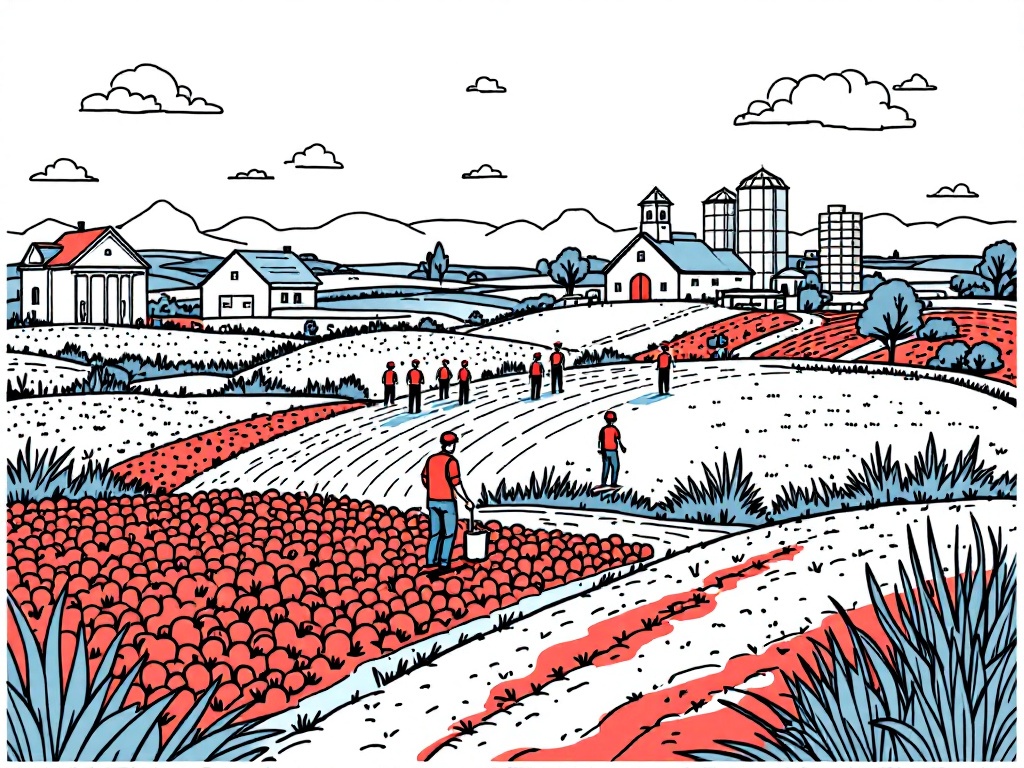Nebraska's Economy Threatened by Proposed Mass Deportations Amid Labor Shortages

Nebraska, Saturday, 18 January 2025.
Proposed mass deportation policies threaten Nebraska’s economy, where immigrant workers are crucial. The state faces significant labor shortages, with only 39 workers for every 100 jobs available.
Political Context and Timeline
President-Elect Donald Trump, set to take office on January 20, 2025, has pledged to implement unprecedented mass deportation policies [1][3]. This comes at a critical time when Nebraska, one of the nation’s top meat producers, is already grappling with severe workforce challenges [1]. The situation has gained particular urgency following Trump’s victory in Nebraska [1], with immigration advocates preparing for significant policy changes through executive orders immediately after the inauguration [3].
Economic Impact and Labor Crisis
According to U.S. Chamber of Commerce data, Nebraska’s labor market is experiencing severe strain with only 39 workers available for every 100 job openings [1]. The meat processing industry, a crucial sector of Nebraska’s economy, offers competitive wages at approximately $18 per hour, well above the state minimum wage of $13.50 [1]. Al Juhnke, executive director of the Nebraska Pork Producers Association, has been vocal about the critical need for workers, receiving regular calls from farmers desperate for labor solutions [1].
Future Economic Developments at Risk
The labor shortage threatens upcoming economic developments, including the planned opening of Sustainable Beef in North Platte in July 2025, a project expected to create over 800 jobs and contribute an estimated $1.2 billion to the local economy [1]. Governor Jim Pillen has established a task force to address these workforce challenges, acknowledging that ‘No industry is exempt from current shortages’ [1].
Community Response and Advocacy
Local organizations, including religious institutions like the Episcopal Church of Our Savior, are actively preparing support networks for immigrant families [1]. Advocacy groups are pushing for comprehensive immigration reform, including expanded worker visa programs and pathways to residency for undocumented immigrants [1]. Meanwhile, the Biden administration has recently extended Temporary Protected Status for migrants from four countries [3], highlighting the complex national debate over immigration policy.